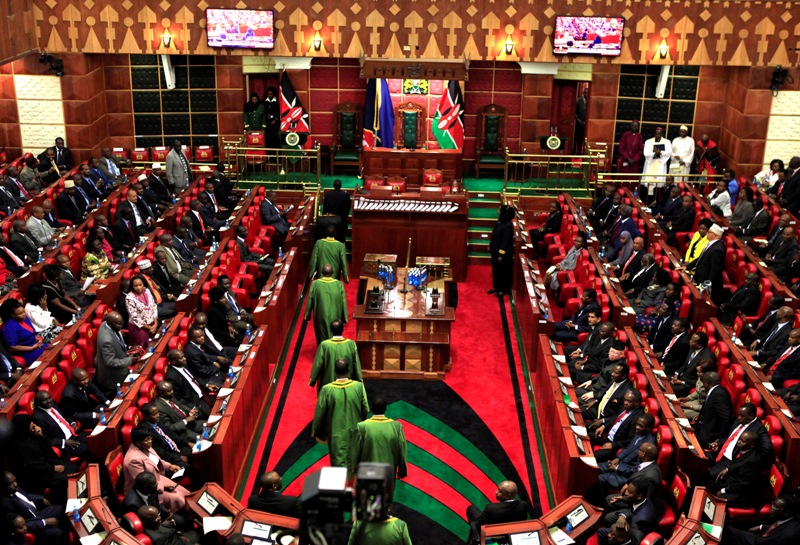Housing Levy Declared Unconstitutional

The High Court has declared the Housing Levy, a key component of President William Ruto's Finance Act, of 2023, unconstitutional.
The levy, which was set at 1.5% of the gross monthly salary, matched by 1.5% by the employer, was intended to fund the construction of affordable housing.
According to the judges, Justices David Majanja, Christine Meoli, and Lawrence Mugambi, the introduction of the levy was discriminatory since it imposed taxes on salaried Kenyans excluding those in the informal sector.
While delivering the ruling, the judges also said that the amendment lacked a legal mechanism to anchor the housing levy, rendering it opaque without a supporting legal framework.
The judges further noted that they had looked through various sections of the act and where else some were constitutional, some were not.
While the court struck down the 1.5% Housing Levy, it upheld the 16% VAT on insurance premiums, the digital asset tax, and the tax on betting.
The court also addressed the issue of whether the National Assembly speaker, Moses Wetangula, needed to seek concurrence from the Senate speaker, Amason Kingi, on the Finance Bill. The court ruled that the speaker did not require concurrence, as the Finance Bill was a money bill.
The court further found that the National Assembly conducted sufficient public participation during the enactment of the Finance Bill, dismissing the petitioners' claims that the process was rushed and lacked proper consultation.
In another ruling, the judges found Energy and Petroleum Regulatory Authority (EPRA) Director General Daniel Kiptoo innocent of the contempt case lodged against him.
The EPRA Director had been accused of disobeying court orders over the hiking of fuel prices in July.
According to the judges, there was no evidence of Kiptoo's wilful failure to obey the suspension of the 16 percent VAT rate.
Tags: Epra Housing Levy Finance Act Finance Act 2023 Editor's Pick
Related
Share this article
Experienced and versatile writer, dedicated to using my exceptional writing and editing skills to inform and advocate. My work focuses on educating and entertaining readers on a range of topics, with a particular expertise in matters of disability.
View articles

